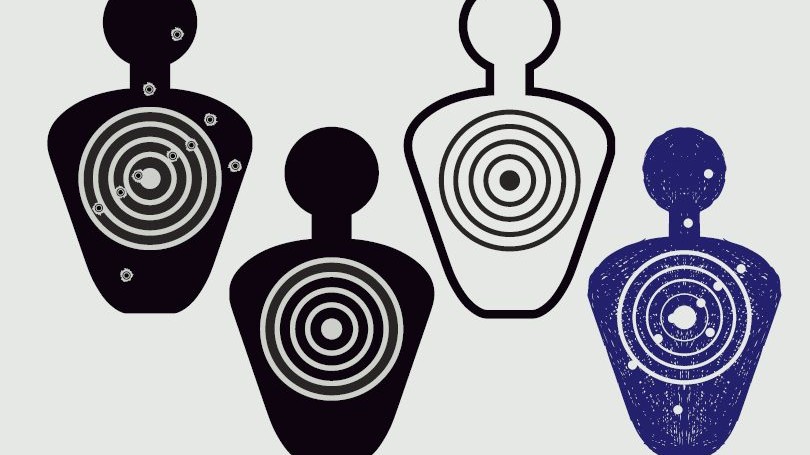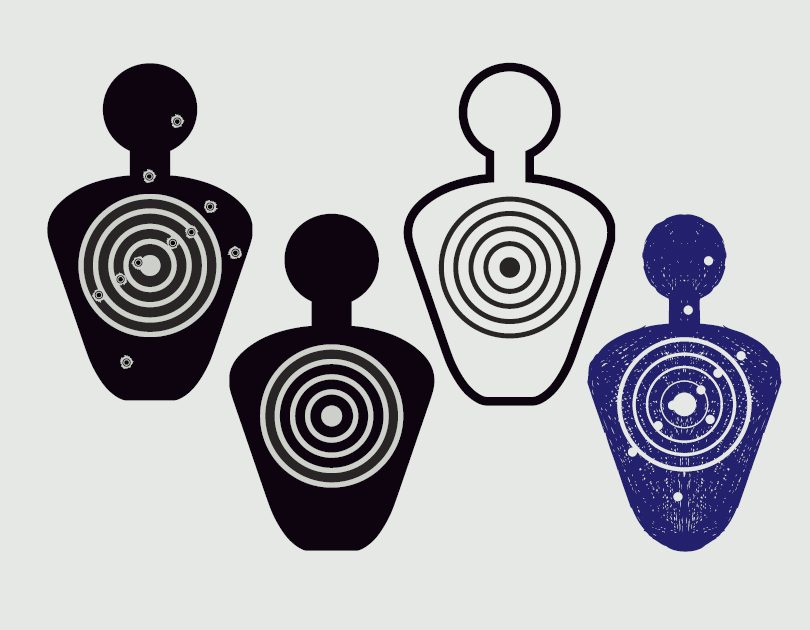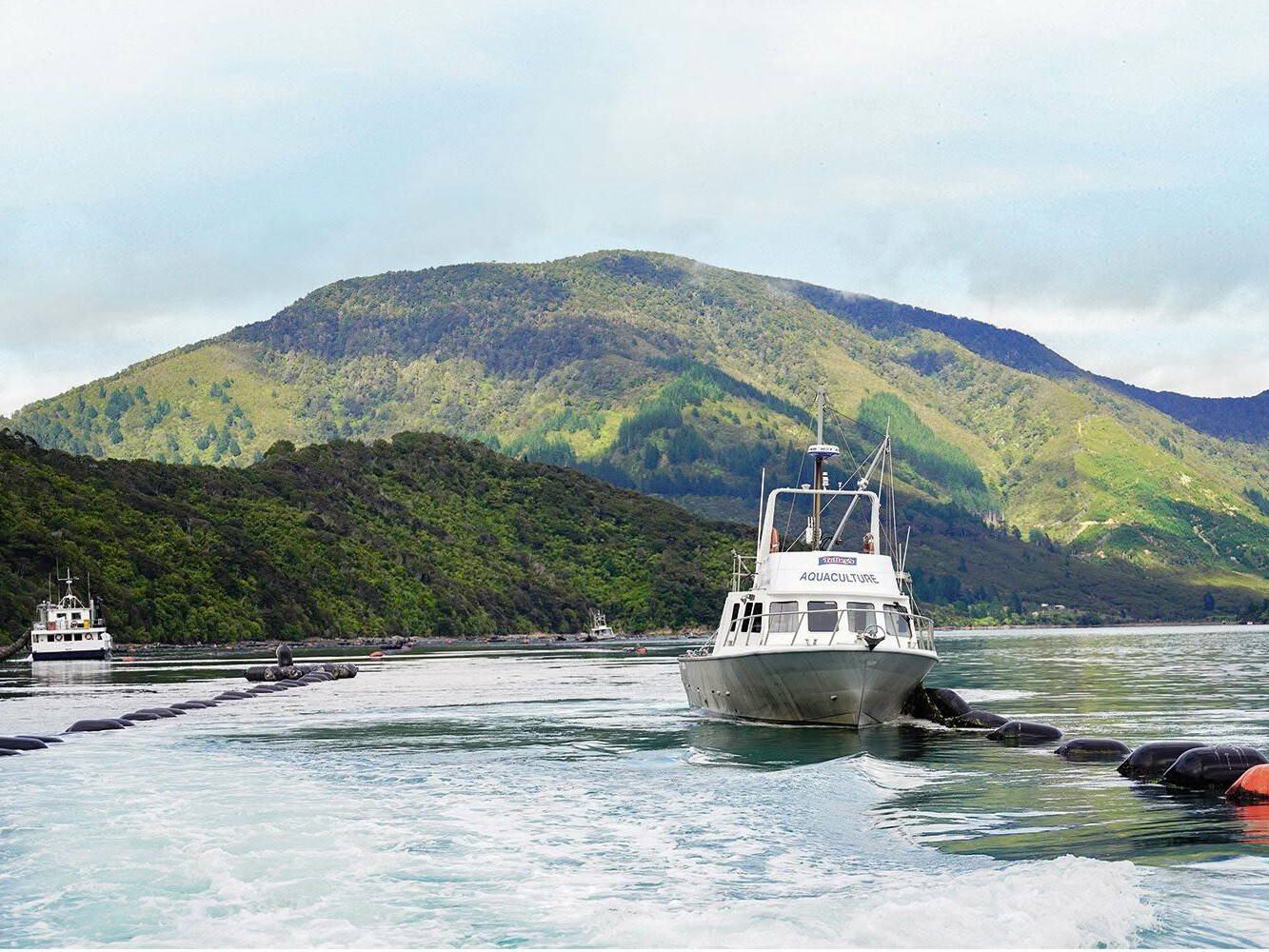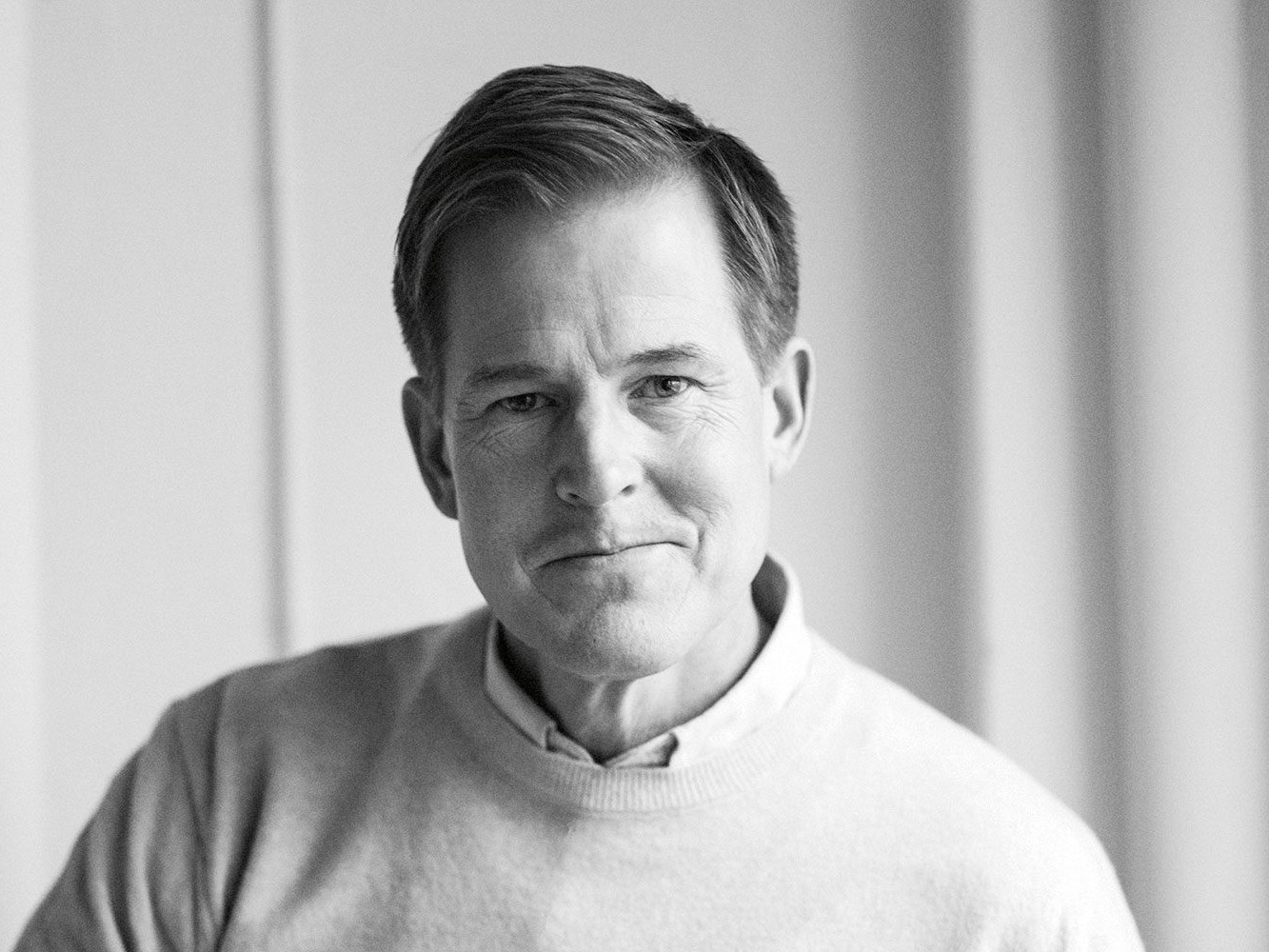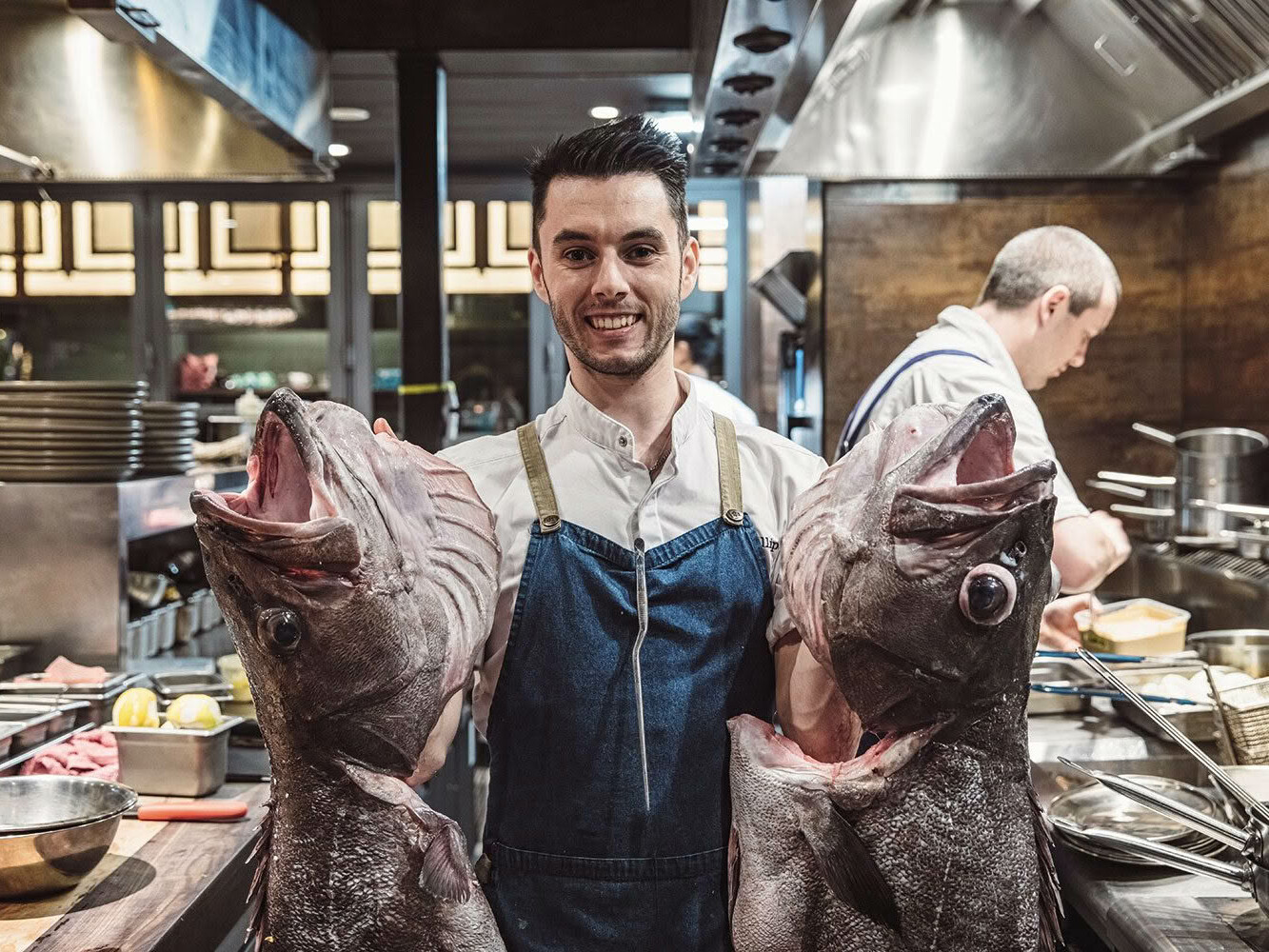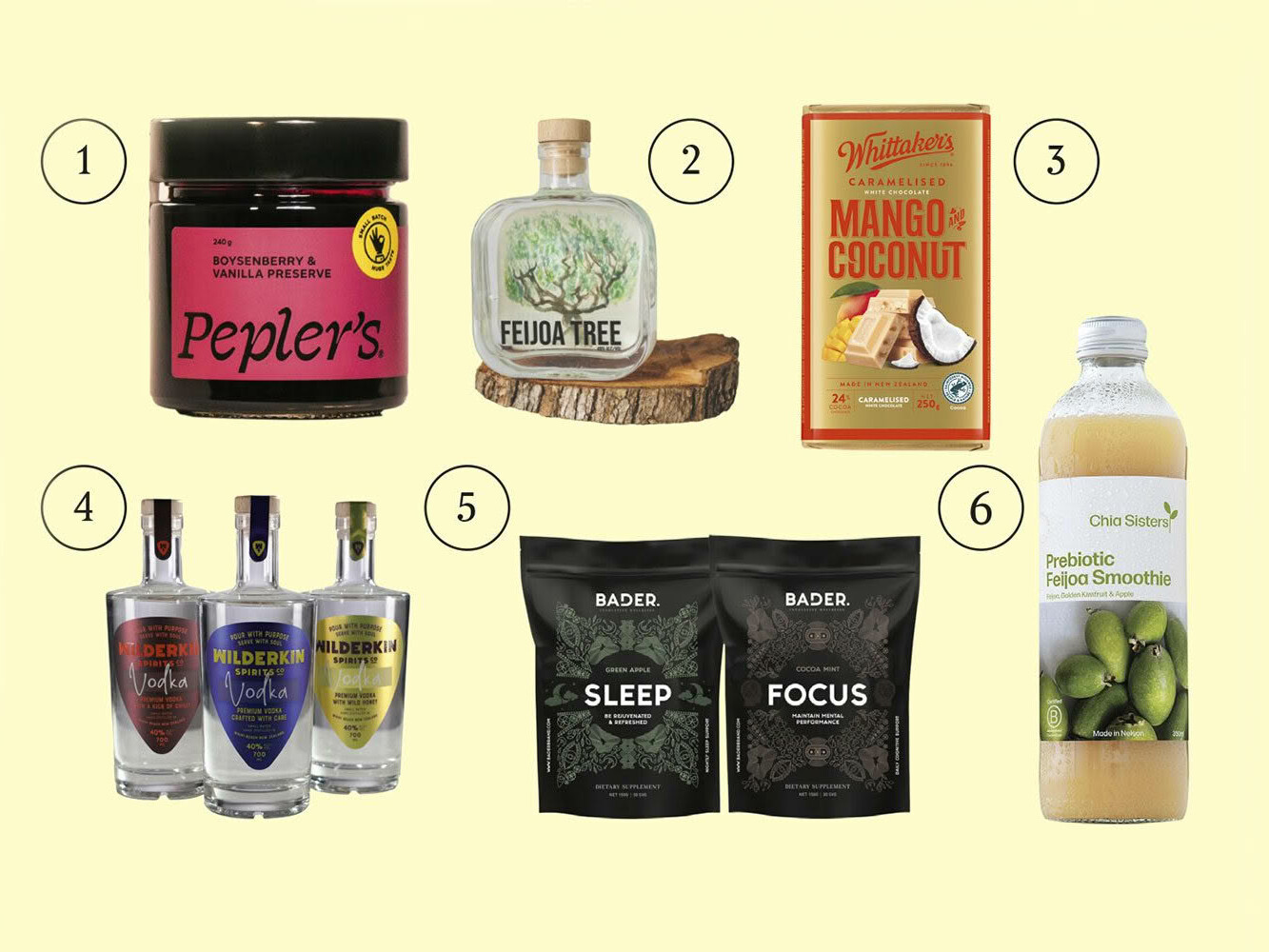KELLI BRETT argues that fear of getting it wrong should not stop us from trying.

In the January issue of Cuisine, I raised our concern about declining fish stocks in New Zealand and asked some questions about how we might ensure that fish can remain on our menus for years to come. I also made a commitment to you that we would step up to the plate and attempt to provide you with more information on what species are declining in particular fishing areas so that you can make informed choices around what you will and won’t be cooking. The reaction to that article has forced me to ask another question.
Are you being immobilised by the fear of making a wrong decision to the point where you will make no decision at all?
As a result of that article, there was a flurry of negativity that I hadn’t expected. I received comments that the article was vague and a cop out.
A number of chefs communicated to me that they are too frightened to put certain sustainable species on their menus, for fear of encouraging other chefs or home cooks to use these species, without using a reputable source of purchase and for fear of social media backlash.
A well-known food writer went in search of one of the lesser-known species for a recipe and proudly posted this work, to be shot down in flames for inadvertently choosing a species that is fished by trawlers.
Social media is a wonderful thing. It gives us all access to a mass audience. But it also gives us the opportunity to jump onto a post, find fault and then sit back and wait for that mass audience to admire how clever we are. Yes, we all need to be held accountable, but is there not a kinder approach to all of this that might help us avoid grinding to a halt because of the fear of making mistakes and people finding fault?
And so, the production of this issue of Cuisine has found our team questioning every single seafood recipe, pressuring chefs and food writers to divulge source to the point of paranoia and making many frustrated calls to LegaSea and other organisations to try and navigate and understand the murky waters of availability and sustainability for each seafood species. This is not an easy task. Although we’ve made every possible effort to get it right, I’m sure we will have dropped the ball somewhere and there will be those who will sit on the sidelines and find fault and offer commentary on how we can do it better. Guess what? We’ll take that as a win. It is a minefield out there, yet here we are all together, having a conversation around making informed choices and taking some small, but determined steps towards finding solutions. Faults and all. We are still learning.
Bernard Salt, columnist for The Australian wrote a very interesting piece recently on what he calls FFS. Although this abbreviation has been known to be one of my most favourite expletives, in this case, the letters stand for Finding Fault Syndrome. I hasten to add that I don’t find New Zealanders as whinge-driven as some Aussies, however, I think there is a take home for all of us in here…
“There is a possible remedy, although to date it has never been tried. It’s purely experimental; there is no guarantee of success. And yet to do nothing would allow FFS to engulf us all, leaving everyone looking for fault and no one to admire the handiwork of a nation of fault-finders. The treatment is a national program of generosity. Let there be accountability, for sure, but wherever appropriate let there also be forgiveness. In fact, let’s all err on the side of forgiveness. Let’s look not for fault but for points of agreement. In the face of forgiveness and generosity, the heads of those afflicted with FFS will spontaneously explode, thereby ridding the nation of carriers of the virus. Meanwhile, the rest of humanity gets on with getting on and understands that for the most part, most people do the best they can.” Salt, Bernard. “FFS, the whingers are multiplying.” The Australian, 24 November 2018.
Way to go Bernard.
SEE MORE FROM CUISINE
We’re Watching… Joshua John Phillips
Kerry Tyack meets a young chef whose motivation and hard work have…

